Importance of roofing standards
Ensuring your roof meets required standards is crucial for keeping your home safe and resilient. By complying with roofing standards, you can guarantee that your roof is built to withstand the elements and protect your home from potential damage. This includes following guidelines for materials, installation, and maintenance. Adhering to roofing standards also ensures that your home maintains its value and can help prevent issues with insurance claims in case of damage. Keeping up with these standards will save you from costly repairs and provide peace of mind knowing your home is well-protected.

Risks of non-compliance
Non-compliance with roofing standards can lead to various risks for your home, such as:
-
Leakage: If the roofing materials or installation don’t meet the standards, your roof may be susceptible to leaks during heavy rainfall or storms.
-
Structural Damage: Improper installation or substandard materials can weaken the roof’s structure and potentially cause damage to other parts of your home.
-
Safety Hazards: Non-compliant roofing may pose safety risks to occupants, especially in cases of extreme weather events.
-
Reduced Property Value: A non-compliant roof can decrease the overall value of your home and make it less attractive to potential buyers.
Types of roofing standards
There are different types of roofing standards that are essential for ensuring your home’s longevity:
-
Underlayment Standards: These standards outline the requirements for the installation of underlayment materials, which provide an additional layer of protection against moisture and help to improve the roof’s durability.
-
Shingle Standards: These standards specify the quality and installation procedures for roofing shingles, ensuring that they can withstand various weather conditions and protect your home effectively.
-
Flashing Standards: These standards focus on the proper installation of flashing, which is crucial for preventing water from seeping into the roof at vulnerable points such as chimneys, vents, and skylights.
-
Ventilation Standards: These standards detail the necessary ventilation requirements for roofing systems, helping to prevent moisture buildup, extend the lifespan of the roof, and maintain a comfortable indoor climate.
Complying with these roofing standards is crucial for ensuring that your roof performs optimally and contributes to the overall longevity of your home.Impact on home longevity
Meeting roofing standards is crucial for the long-term health of your home. Compliance with these standards ensures that your roof is built to withstand the elements, such as wind, rain, and snow, which can take a toll on a poorly constructed roof. By following these standards, you can help safeguard your home against potential damage, extend its lifespan, and save on costly repairs in the future. Remember, adherence to roofing standards now can mean fewer headaches down the road.
Benefits of complying with roofing standards
Complying with roofing standards is crucial for the longevity of your home. It ensures that your roof is built to withstand environmental conditions and provides better protection for your home. By adhering to roofing standards, you can experience the following benefits:
-
Enhanced durability: Following roofing standards result in a roof that is better equipped to handle harsh weather conditions, reducing the risk of damage and costly repairs.
-
Improved safety: Standard-compliant roofs are less likely to pose safety risks to occupants and passersby, providing peace of mind for you and your family.
-
Increased property value: A standard-compliant roof can enhance the overall value of your home, making it a more attractive proposition for potential buyers in the future.
In summary, complying with roofing standards is essential for ensuring the structural integrity and longevity of your home.
Key components of roofing standards
Roofing standards cover aspects like materials, installation, and safety. They ensure that the roof is constructed to withstand the elements and protect your home. Some key components include the type of roofing materials used, proper ventilation, and adherence to local building codes. High-quality shingles, underlayment, and flashing are essential for a long-lasting roof. Additionally, correct installation techniques and regular maintenance are crucial for ensuring your roof meets these standards.
Consequences of non-compliance
Non-compliance with roofing standards can lead to significant problems for your home. It can result in leaks, structural damage, and decreased energy efficiency. Furthermore, it may void any warranties or insurance coverage for your roof. Additionally, non-compliant roofing may also affect the overall value of your home. It’s important to ensure that your roofing meets the necessary standards to avoid these potential consequences.
How to ensure compliance with roofing standards
Ensure compliance with roofing standards by working with a licensed and experienced roofing contractor. Check that the contractor’s work meets the local building code requirements and that they use materials that comply with industry standards and regulations. Before hiring a contractor, verify that they have the necessary permits and insurance. Additionally, ask for references from their previous clients to ensure their work meets the required standards. Regularly inspect your roof for any signs of damage and address any issues promptly to maintain compliance with roofing standards.
Hiring a professional to meet roofing standards
Hiring a professional to meet roofing standards is crucial for ensuring the longevity of your home. When you hire a professional roofer, they have the expertise to ensure that your roof meets all the required standards for installation and maintenance. This includes proper installation of shingles, flashing, and underlayment, as well as adequate ventilation to prevent moisture buildup. A professional roofer can also provide warranties and guarantees for their work, giving you peace of mind that your roof is built to last. Remember, proper compliance with roofing standards can save you from costly repairs and replacements down the road.
Summary of the significance of roofing standards
Ensuring that your roofing meets the required standards is crucial for maintaining the durability and longevity of your home. Following roofing standards helps to prevent potential issues such as water leakage, structural damage, and poor insulation. By adhering to these standards, you can avoid costly repairs and protect the overall integrity of your property.
